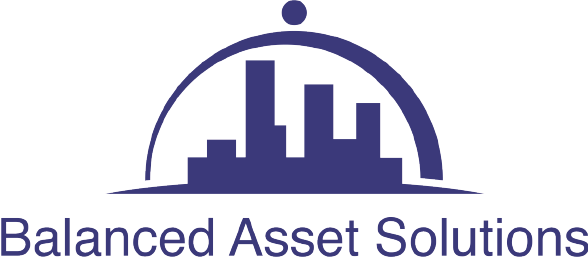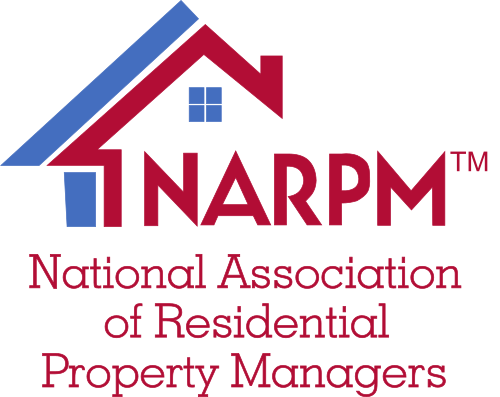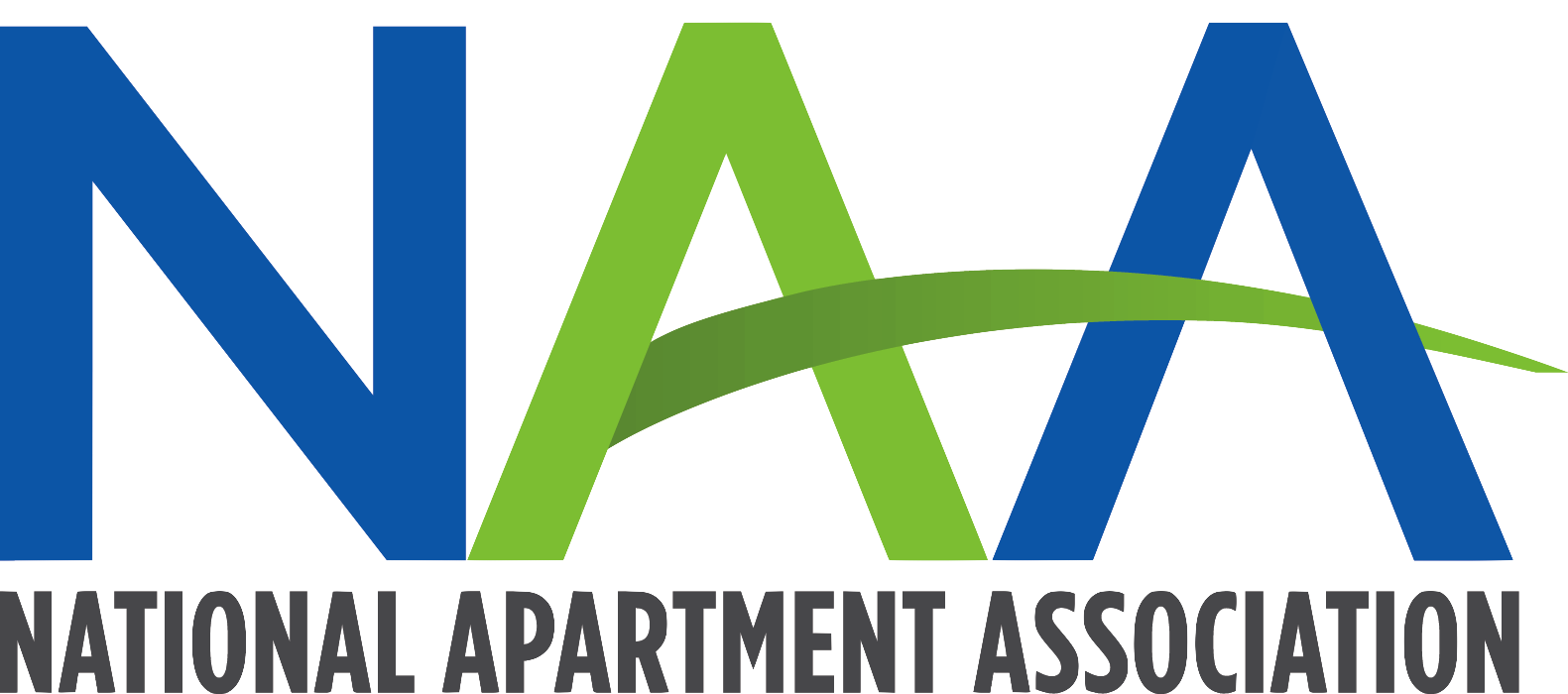Even with a busy 2024 looming ahead for property managers, staying on top of tax reporting is crucial. We’ll look at the specifics of property management tax reporting, focusing on 1099 forms and how they apply to your business.
Understanding 1099s: 1099-MISC vs. 1099-NEC
The IRS uses 1099 forms to report income that isn’t reflected on standard W-2 forms. Here’s a breakdown of the two most relevant forms for property managers:
- 1099-MISC: This form reports various income types, including rent payments to owners exceeding $600, attorney fees over $600, and certain other payments.
- 1099-NEC (introduced in 2020): This form reports non-employee compensation of $600 or more paid to unincorporated independent contractors. This typically applies to maintenance providers like plumbers or landscapers, or service providers like locksmiths.
Who Needs a W-9?
Whenever you bring on a new owner, attorney, or contractor, request a W-9 form. This form provides their tax ID information, ensuring accurate 1099 filing on your end.
1099 Exemptions for Property Managers
There are a few situations where you don’t need to file a 1099:
- Payments under $600
- Payments to corporations (except LLCs)
- Payments for maintenance or services done by incorporated businesses (except LLCs)
Requirements for Property Owners (Landlords)
If you manage your own rental property, you don’t need to file 1099s for any related work.
Always consult a tax professional to ensure proper filing and avoid penalties.
Deadlines and Filing Options
The deadlines for filing 1099 forms depend on the filing method. You can file electronically (recommended for 10 or more forms) or by mail.
Benefits of Electronic Filing (eFiling)
- Easier and faster
- Mandatory for filing 10 or more 1099-MISC forms
- Reduces time and effort for vendors, owners, and partners
- Allows for copies to be kept for record-keeping purposes
Property Management Software Can Simplify 1099 Filing
Using property management software can streamline the 1099 filing process by:
- Filling out forms electronically
- Automating calculations based on accounting data
- Offering early filing options
- Saving time and reducing errors
Conclusion
Staying on top of property management tax reporting is essential to avoid penalties and ensure smooth tax season. By understanding 1099 forms, exemptions, and the benefits of eFiling with property management software, you can navigate tax season with confidence.




